For years I have heard pygmies declare that ‘ein(e) Berliner’ is a pastry. This is said for the purpose of belittling Jack Kennedy’s use of the phrase, in a speech in Berlin in June 1963, and to deprecate him, too. A search on the web will produce many hits for examples. Enough to satisfy those easily satisfied.
Below is the index card he wrote to insert the phrase in the speech. Before pedants begin correction the spelling, note that it is phonetic and was jotted off in the car on the way to the podium.

Once or twice I have bridled at this casual derogation, based on my own study of German, but that was always dismissed by the interlocutors.
Then one thing was obvious ,,, to those who looked. The Berlin audience in 1963 understood the phrase in the way Kennedy intended.
 A crowd of 450,000 according to Wikipedia.
A crowd of 450,000 according to Wikipedia.
No PhD ever had such a reaction from such a mass of listeners. At the time, at the place it was a message received five by five, loud and clear. There is plenty of evidence on You Tube.


The other thing is that it is a grammatically correct statement as even a beginning students of the language know. I have had that confirmed many times over the years by German speakers, and again recently in the image below, taken from a Deutsche Welle website after a murderous attack in Berlin in 2016.

Perhaps the pygmies will now mock these two woman, too, while they bury their dead.
The attacks of pygmies on giants are endless, often petty, always trivial, and seldom accurate. The attacks satisfy some need in the pygmies.
No doubt some entrepreneur in Berlin has been marketing donuts with this meme for years. No doubt someone will offer alternative-facts. It was ever thus.
The other sign says ‘Berlin will hold together.’ Perhaps the best rendering is ‘Berlin will remain.’
Category: Op-ed essay
Channel 7Mate and life.
During the United States football season I watch NFL games recorded on 7Mate. What an eye opener it is. No, I do not refer to the games, but to the advertisements, through which I fast forward at light speed. I try to do that but sometimes fail and when I do, I always regret it. Crass, vulgar, and stupid do not begin to describe the adverts, the products, and programs they promote.

The advertisements are for a demographic I know not, and I want to keep it that way.
The products usually promise the earth for $9.99, Hair growth for baldness, travel around the world for nothing, free tickets to this and that, invariably spectacles, like giant trucks crashing into each other, I never heard of and am glad of it. Many of the commercials imply there is a secret to getting these things, which will be revealed for a few dollars. Thus there are secret tricks to get first class travel for a pittance. Many concern weight loss, usually by eating. The suppressed premiss that there is a conspiracy known to others is a motif in many advertisements.
To say that the appeal of these commercials is simple and simple-minded is the kindest thing I can say. The smart people who identify and target the demographic of watchers (gulp, and that includes me) decide to do it that way.
More revolting still are the other 7Mate programs relentlessly advertised in breaks during the games usually described as bigger, louder, longer, ruder, and ever more …[tiresome]. Invariably they involve men doing stupid things while chortling about it.
Here is a sample:








Among the more respectable examples include farting contests, with ignition, projectile vomiting with a feminine twist. (Don’t ask!) Others involve crashing into immovable objects either headfirst or in vehicles of some sort. Then there were the urine drinking contests. Many of the adolescents filmed in these trailers are old enough to know better. Animal house with scraggy grey beards and one hundred word vocabularies.
At times the programs that feature these deeds, also have audiences cheering them on. Believe it or not.
Many other programs involve automobiles being lovingly stroked. or guns likewise stroked. What is it about stroking metal? Well whatever it is, I don’t get it.
Other advertisements for programs involve sweaty men playing with heavy machinery. They are not working for a business but rather wildcatting on their own. Ostensibly they might be digging for gold: X marks the spot. But really they are just having a high-ho time with a gigantic earth mover.
There are also movie trailers and they come from the same stable. Blokes killing CGIs. Computer Generated Images that is.
In every case the text is aggressive, belligerent, loud, and limited. Everything is a fight, a war, a battle, a contest. All those couch potatoes love watching others go at it. Even an auction is covered as if it were a fire-fight, as only those who have never been in a fire-fight could do. The men in the trailers, and yes they are invariably men, are usually unshaven, unwashed, or wearing greasy clothes, or the trifecta.
A few years ago Channel 11 of the Ten stable, showed the games and it was the same there. There is nothing exceptional about 7Mate except that I happen to see it.
Yes, I watch NFL games. It is the only United States sport free to air here, so it is the one I watch. I would prefer the NBA. I have given up on MLB because the players seem to lack fundamentals skills; the games are over-managed; and the commentary is so diffuse, oh for Vin Scully who was always interested in the game before his eyes, unlike those I last heard who were bored silly by the game and preferred to reminisce about dinners past. Maybe they are personalities who are feeding the twits who follow their tweets.
Management the Sequel from the OSS
Sometime ago I promised a second instalment from the OSS manual for Allied sympathisers in continental Europe during World War II. For those who have patiently waited, here it is. The manual’s purpose was to show sympathisers how they could obstruct the Nazi war effort by gumming up the works ever so innocently without blatantly risking their lives.
One section was addressed to managers of companies, firms, and organisations from railroads to enamelware factories.
The items read like key performance indicators from McKinsey whose client list has included Enron and Swissair. Remember them?
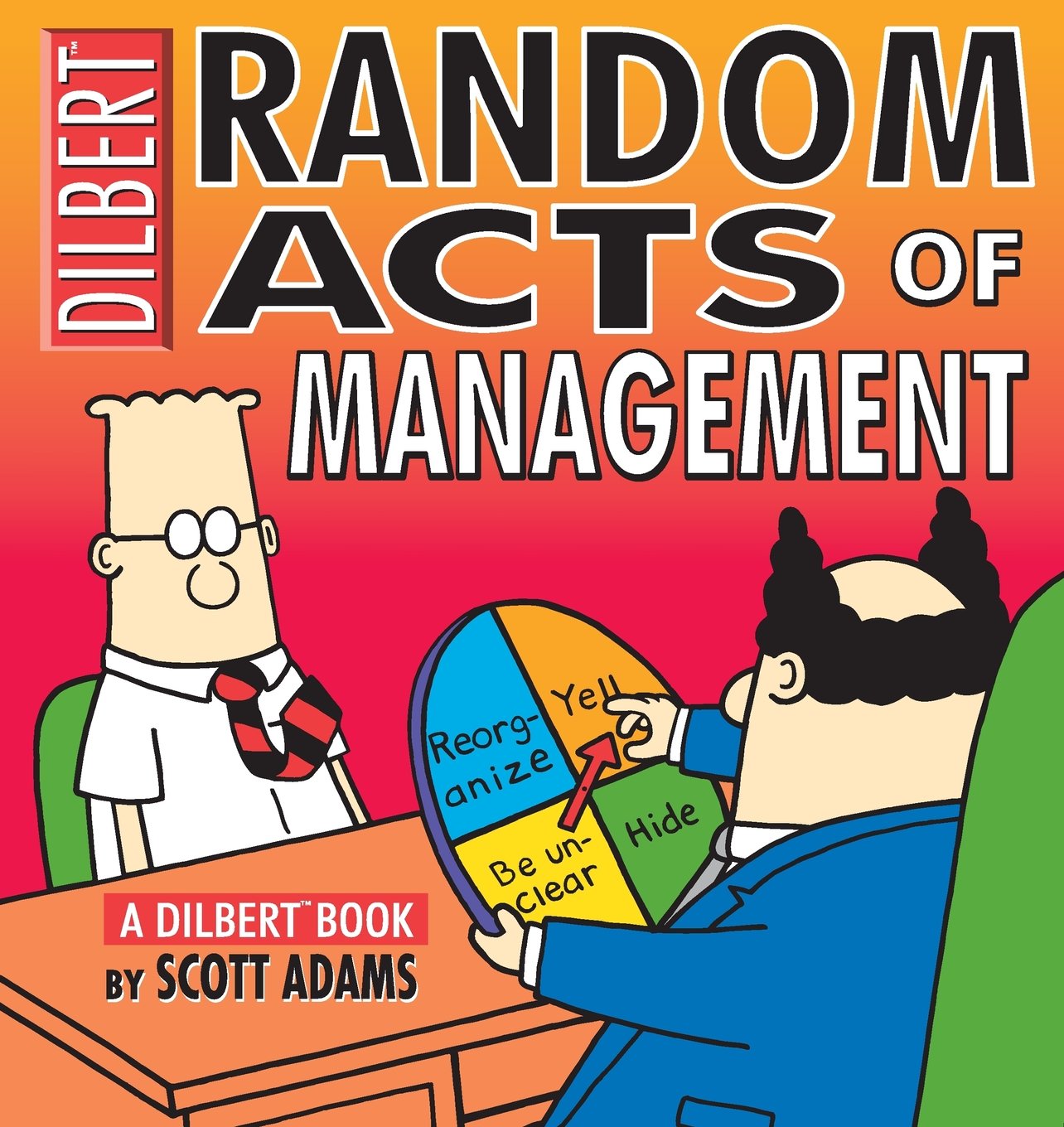
(1) Demand written orders. Meanwhile, time passes and nothing is done.
(2) Misunderstand orders. Ask endless questions about minute details or engage in long correspondence about such orders. Meanwhile, time passes and nothing is done.
(3) Do everything possible to delay completion. Even though part of an order
may be ready, don’t deliver it until it is completely finished. Say that standards have to be maintained. More time passes.
(4) Do not order new raw materials until current stores have been exhausted, so that the slightest delay in filling your order will mean a shutdown. Why? It is inefficient to hold surplus material. Time keeps passing.
(5) Order only high-quality materials which are hard to get. Warn that inferior materials will mean inferior products. There is never enough high-quality material to go around so this order leads to an argument about priorities. These arguments never end. More time passes.
(6) In making work assignments, always assign the unimportant jobs first. See that the important jobs are assigned to inept workers. This is definitely from the McKinsey training course.

(7) Insist on perfect work in relatively unimportant products; send back for revision those products which have the least flaw. Approve other defective parts whose flaws are not going to be detected until use in the hope these products will fail at a crucial moment. Thus one appears fastidious but lets slipshod products through. Another chapter in the training manual, that one.
(8) Make mistakes in routing so that products are sent to the wrong place. A few well chosen typographical errors do the trick. If the reports have not been acknowledged, then one cannot proceed.
(9) When training new workers, assign training to those who have have no experience in the hope that they will give incomplete or misleading instructions. Ah, a favourite of mine. McKinsey all the way. The trainers have never used and never will use the system that they train others to use. A classic.
(10) To lower morale and with it, production, be pleasant to inefficient workers; give them undeserved promotions. Discriminate against efficient workers; complain unjustly about their work. Reward the incompetent and punish the competent. This one has long a key performance indicator for some modern major managers.
(11) Hold meetings when there is more critical work to be done. Do so especially when the pressure is on, declaring that only by discussion can morale be raised.
(12) Multiply paper work in plausible ways. Start duplicate files offsite. Who can object to paperwork? Preparing, sorting, and filing takes time. Assign one of the best workers to this clerical job on the grounds that the paper trail must be perfect.
(13) Multiply the procedures and clearances. See that three people have to approve everything where one would do. Make sure it is always an odd number in the hope that there will be disagreement among them. Invoke our old friend standards again.
(14) Apply all regulations to the last letter. Work to the rule. Was for orders; show no initiative. The more obscure and less relevant the regulation the better. See standards above.
 I never got the pellets.
I never got the pellets.
The OSS was the Office for Strategic Services, the forerunner to the CIA.
‘The truth is out there.’
Fox Mulder said that. Such a remark would have earned him a sneer in most universities, especially from philosophers, the more so for those who declaim themselves to be post-modernist.*

For the last two generations scholars and writers have been telling students there are no facts. Marxists denied the law of supply and demand as a fraud. Philosophers emerged from Plato’s cave. blinded by the sun, saw no facts but only heard words and more words. It was all relative. Then the post-modernists came along and bulldozed everything flat with Gallic subtlety. It is all subjective.

In a curious way even school teaching went along with this rarefied nonsense by increasingly ignoring facts. Students no longer learned facts, like historical eras, conjugations of verbs, the formulae for a solution, or the dates of queens and presidents. If such trivia was needed it could be looked up. This was the line long before Google came along.
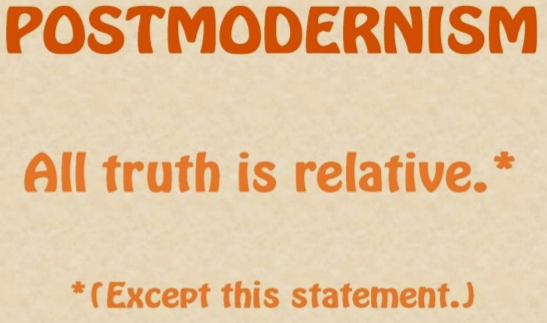
As ever, the nonsense peddled in college and university classrooms seeps out with the graduates and in time it come back to haunt the groves of academe. What started as intellectual pyrotechnics, harmless fun, and oneupmanship, and the path to promotion is not so funny when it mutates and returns to bite. Think Godzilla.

Now politics in the United States, and to some extent in Australia, has practitioners who publicly and explicitly dismiss facts. The lesson has been learned. Climate change may be a fact but that does not privilege it. All is relative, a fraud, or subjective. Hearing a minister of the crown dismiss scientific evidence sounds like a philosophy seminar.

Social workers were bitten by their own arguments years ago when they espoused the conviction that disabled people should not be institutionalised as this further diminished them. In time the political class learned this lesson and closed the institutions to cut budgets, putting the disabled in ‘the care of the community,’ that was the phrase trumpeted by social workers forty years ago. That care is now to be seen in such people sleeping on the sidewalk and living in parks. In addition, the career paths created in larger institutions were closed off to social workers.
*I have always expect the worst when I hear the word ‘post-modernism’ and so far it has never let me down.
I hemmed and hawed about ‘oneupmanship’ but decided to us it since its prime exponents are men.
Igor regrets
Reading William Kristol’s string of repetitive laments on the arrested development that is Trump Donald is amusing. The most recent one I have seen is ‘It’s Not too Late – Trump must go.’ While one may agree with the sentiment, the source is tainted.
 Kristol William
Kristol William
Nowhere in this weekly flow is there a mea culpa. Why should there be?
For those who missed the first act, Irving Kristol, William’s father, was a prime and proud architect of the Neo-Conservative movement. Its motto was ‘No more Mr Nice Guy’ and its practice was ‘Anything Goes,’ just ask Karl Rove.
 Lie, cheat, steal, these are all acceptable activities in pursuit of the greater good, namely a Republican America from fifty statehouses to the White House. If Kristol senior was Dr Frankenstein, then Kristol William was Igor, eagerly and enthusiastically applying jolts of electricity to the living dead.
Lie, cheat, steal, these are all acceptable activities in pursuit of the greater good, namely a Republican America from fifty statehouses to the White House. If Kristol senior was Dr Frankenstein, then Kristol William was Igor, eagerly and enthusiastically applying jolts of electricity to the living dead.
As the Neo-Cons zombies rose, bipartisanship and civility fell. The Tea Party grew from this seed and that in turned spawned the Alt Right

It is recurrent theme in politics in the United States, xenophobia, anti-intellectualism, populist at the expense of institutions.
The inevitable, perhaps logical, outcome of this destructive approach to politics is candidate Trump Donald for whom there are no limits. He is the Alt Right candidate in Republican clothing.
These day not a week passes but Kristol William calls upon fellow conservatives, notice he no longer bellows his Neo-Con credentials, to do something about Trump Donald! Get the toothpaste back in the tube!
What fun it is watching this incubus squirm in his own juice!
Thanks to the Kristols and their kind, like Bill O’Nonsense, Murdoch’s Organs, and Fox Fairy Tales, we have come to this pass.
The party of Abraham Lincoln, the party of Herbert Hoover, the party of Wendell Wilkie, the party of Thomas Dewey, the party of Dwight Eisenhower, the party of Bob Dole, the party of John McCain,…..has come to Trump Donald.
I mention these men above because they were standard bearers of the Republican Party as presidential candidates.
A more complete list of noteworthy Republicans would also include George Norris, Arthur Vandenberg, John Lindsay, Earl Warren, Everett Dirksen, Margaret Chase Smith, Henry Cabot Lodge, Jacob Javits, Harold Stassen, Charles Percy, Olympia Snowe, Nelson Rockefeller, Arlen Spector, Nancy Johnson, and Christine Whitman. The list could be extended to many others.
Thanks to the Neo-Cons’ efforts to drive everyone else out of the party in the search for ideological purity, the Republicans are cut from the clothe that gave us Dennis Hastert. I could not find any pictures of this one in prison orange.
The ideology is simple: Anything goes.
The GOP is dead, but it still twitches with galvanic discharge.
Committees and how to immobilise them
The behaviours recommended below struck me as standard operating procedure on every university committee i have endured. Having experienced everything on the list, little did I know each instance was part of a whole strategy to undermine the joint. Little did I know. Ain’t it the truth!
These excepts come from an Office of Strategic Services (OSS) manual distributed during World War II to Allied sympathisers in Nazi occupied Europe. It shows these friends how to gum up the works while remaining safe. For those born without a history gland, the OSS was the immediate predecessor of the CIA.
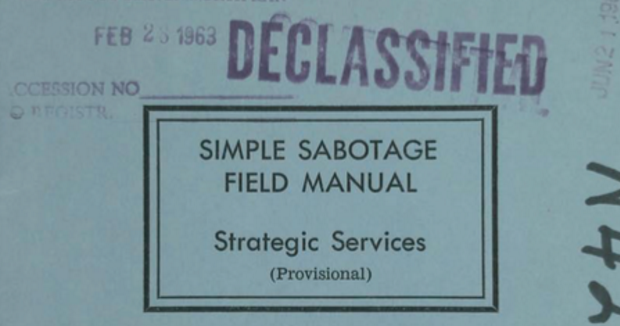
If there is popular demand I will post the next part which concerns how managers can destroy the place while remaining lily-white. It, too, reminded me of some with whom I have worked.
On committees:
(1) Insist on doing everything through channels. Never agree to a short-cut to expedite action.
(2) Make speeches. Talk as frequently as possible and at great length. Illustrate your points.. by long anecdotes and accounts of personal experiences. Invoke the need for standards often.
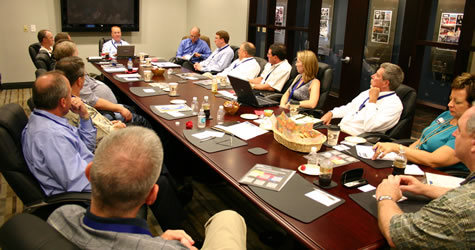
(3) When possible, refer all matters for further study and consideration.
(4) Make all committees as large as possible so that they are representative, and to insure there is never agreement.
(5) Haggle over precise wordings of communications, minutes, and resolutions.
(6) Refer back to matters decided upon at the last meeting and attempt to re-open previous decisions and actions.
(7) Urge fellow-conferees to be “reasonable” and avoid haste which might result in embarrassments or difficulties later.
(8) Raise the propriety of any decision because it might lie within the jurisdiction of another element.
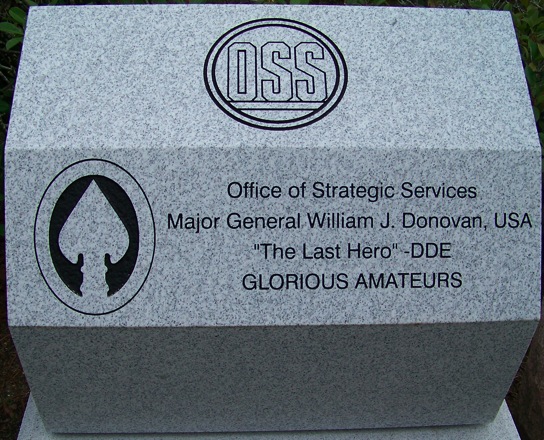
The genius of OSS was William Donovan, known as Wild Bill. Thus reminded of this protean figure, I think will find a biography of him.
Finland, Mannerheim, structure, and agency
Structure and agency, that famous double play combination for Team Social Science, came to mind reading about that extraordinary individual, Gustav Mannerheim.

The social sciences as a whole and each separate social science, like my very own political science, rests on the verity of structure über alles. Structure is both all around us and sometimes difficult to detect at the same time.
The challenge is to reveal structure hidden by the drifting sands of time and circumstance. To see structure in the myriad of details of social life requires detail and imagination, like seeing a constellation in a sea of stars, but it can be, it is, done. Every social scientist has sworn that faith at least since Emile Durkheim’s monumental book ‘Suicide’ (1897). For those who skipped Sociological Theory, in that study Durkheim demonstrated beyond doubt that most private and final act of suicide traces back to social structure. The argument and evidence still dazzle a reader.
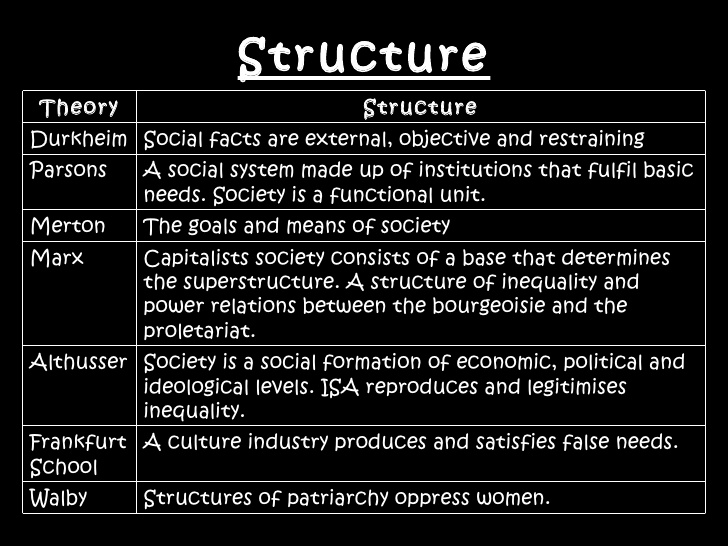
Yet it is also surely the case that most social scientists think of themselves as agents. The preacher is always beyond the testament. That is the chink in the intellectual armour. Karl Mannheim made that auto-exceptionalism explicit when he spoke of free-floating intellectuals clustered in cities who are in but not of the milieu around them. Vanity thy name is called once again. Many convoluted books have appeared trying to unite the two from Jurgen Habermas’s impenetrable tomes to Anthony Giddens unreadable tracts. Each sets out to make the obvious simple and instead makes it unintelligible. Biography is cold, crisp air by contrast to the stale, hot air found in those pages.
Per structure, if the individuals who made the first steps in developing photography had not done so, others would have made those or other developments that would lead approximately to the same technical advances. That is easy to believe in the middle of technological developments where many hands are at work trying many things as was the case with photography. Or, say, the discovery of DNA when many scientists around the world were closing in on it in a race of sorts. It is less easy to believe in the history nations.
Yet according to structure had Gustav Mannerheim been killed in 1916 on the Polish front while fighting the Germans in World War I where he was a general in the Tsar’s Russian army, some how another(s) would have filled his shoes, or some very like them, and the story of Finland would have played out pretty much the same. If Winston Churchill had been killed crossing the street in New York City in 1929…. If Adolf Hitler had died of typhus as an infant….
Ergo, no single individual, no agent, is decisive. Structure makes us but we do not — individually — make structure. Collectively, yes we do make structure as much as it makes us but not individually.
Structure is not quite determinism but the transposition offers the easiest exposition.
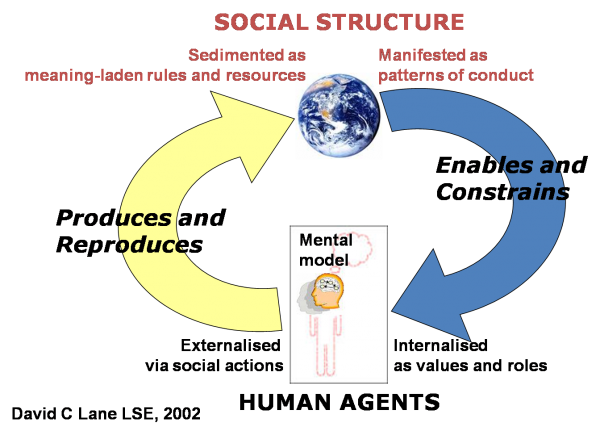
Even allowing for the biographer’s preoccupation with the subject, it is hard to believe that there was anyone else could have done what Mannerheim did in 1918-1919 and again in 1940-1944. Certainly that is what both his allies, friends, associates, onlookers, and enemies thought. He was as singular in the history of his country as Napoleon in France, Stalin in Russia, Churchill in England, or Hitler in Germany.
Without Mannerheim the history of Finland would surely have been different. Though I am sure revision pygmies have made careers out of cutting him down to their size, in fact, he will endure and they will not.
When the deportations begin….
When a President Trump Donald begins deporting those he deems undesirable, will it go so far at to disinter the dead? If so, the program best begin at Arlington National Cemetery because there will be found the graves for a great many Mexicans and Muslims who died in the service of the United States, most of the recent ones in conflicts ordered by Republican presidents.

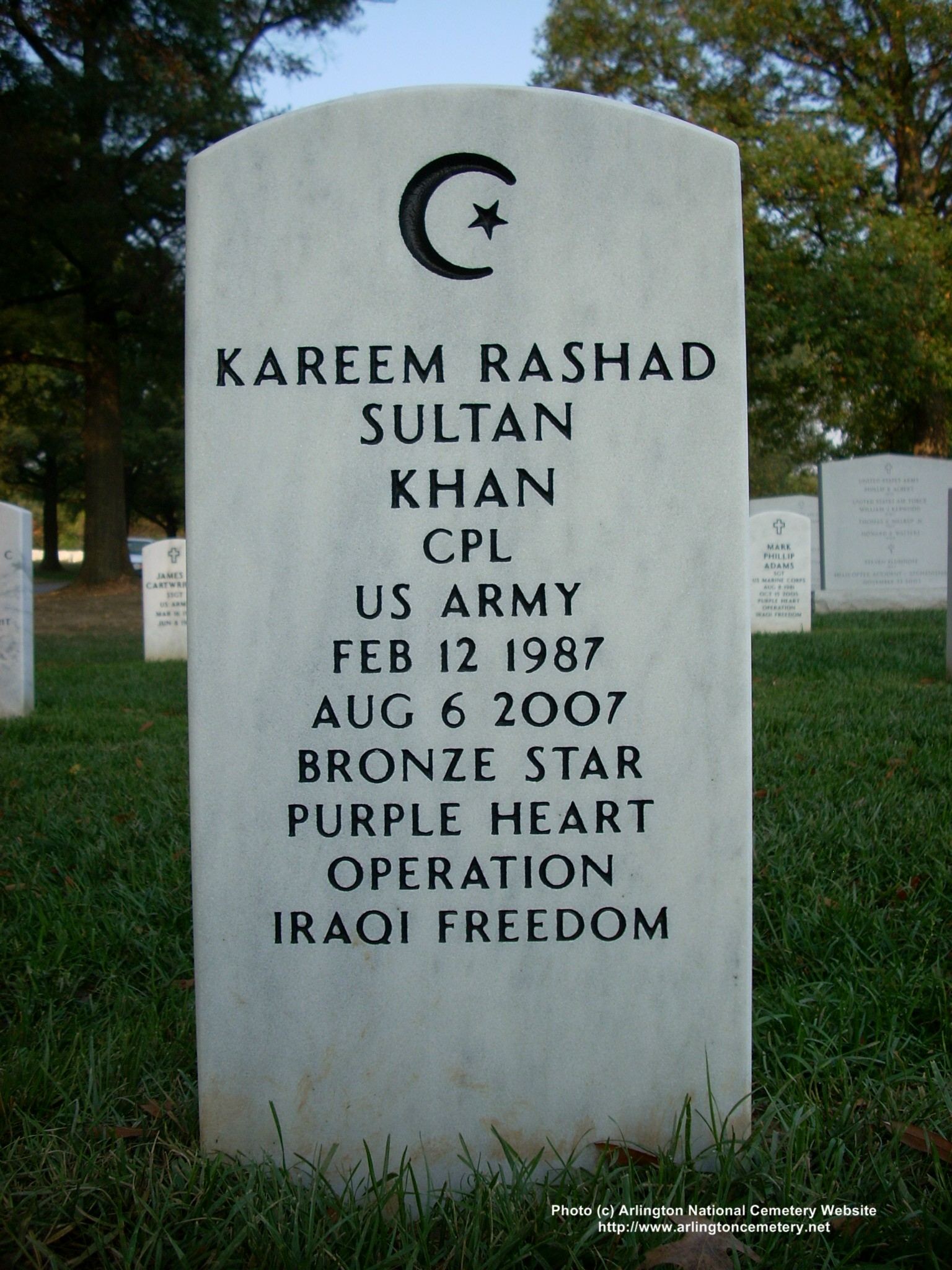

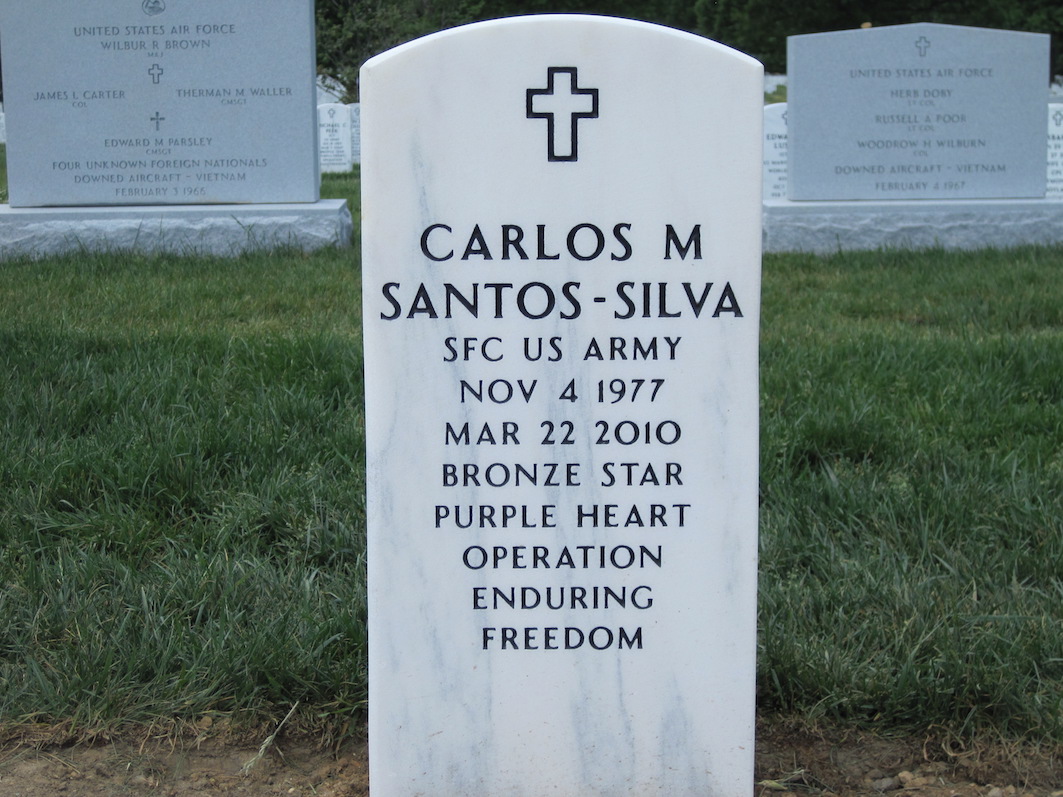
There are many more but let these examples suffice.
Least one think such a program is beyond the pale, note that it was done in Hitler’s Germany, Dead Jews in war cemeteries were disinterred and dumped elsewhere. Everything old can be new again. Though one hopes bellbottom trousers are not included.
My brief foray into the free-fire zone of Hillary Clinton elicited fevered responses from the righteous. So be it. But ensuing heat mirage may have blurred the concluding remarks about the dead. Ergo, at the risk of boring dedicated Bleaders, I reiterate those remarks above.
What’s it all about Hillary?
I was asked the other day, ‘A lot of people dislike Hillary Clinton. Why is that?’
My answer was simple. Her sin is that she is a woman.
A sin that has been compounded by her relentless ambition, since she was a junior employed by the Watergate Committee that pursued Richard Nixon to retirement. But such facts are not relevant.
The hatred that has been sown and nurtured by the Fox News and its allied ‘paths’ (a term that includes both sociopaths and psychopaths) for these many years has grown out of little more than hardened air.
The night she was elected to the Senate some years ago, by chance I was checking into a hotel in New York City, and when the count came on the television screen in the lobby, everything stopped. In the silence the announcer said Hillary Clinton had been elected and the lobby erupted in cheers from hotel staff and guests. It was completely spontaneous and general. I was surprised but she certainly had dedicated supporters that night.
She does not have to do anything to attract the vitriol and innuendo. Being is enough to provoke the haters.
That she is thick-skinned and keeps coming back for more, merely makes the haters sharpen the invective the more. Hypocrisy knows no bounds. Ask John Dennis “Denny” Hastert.
She has also learned how the system works and she has focused on making it work for her. Another of her crimes.
If it needs to be said for the back row, ambition, a thick-skin, and focus in a man are a virtue, but in a woman….
Grotesque but true, and nothing now will make it go away. Parking tickets, speeches to Girl Scouts, email at Christmas, shopping lists, everything has been ransacked for something and when nothing is found that is taken to be proof of deceit.
Barry Obama’s sin is greater. He is black. That is the ember that burns throughout the haters to which Trump Donald is now giving voice and license. All the smoke has created the fire.
The final sin that unites Hillary Clinton and Barack Obama is that they are Democrats. Black, woman, and Democrat are the three horses of the apocalypse for Fox News, Murdoch Organs, and Haters United, i.e., the Republican Party.
To mention that Republican nominee, I wondered if the deportations bruited of Muslims (Arabs) and Mexicans will include all them who have been killed or maimed in Vietnam, Somalia, Iran, Korea, Laos, Cambodia, Iraq, and Afghanistan. Will the next Republican administration dig up dead bodies, starting at Arlington, and deport them, along with the cripples and deformed who wore the uniform. Let it be noted that many of these dead were killed at the command of Republican administrations.

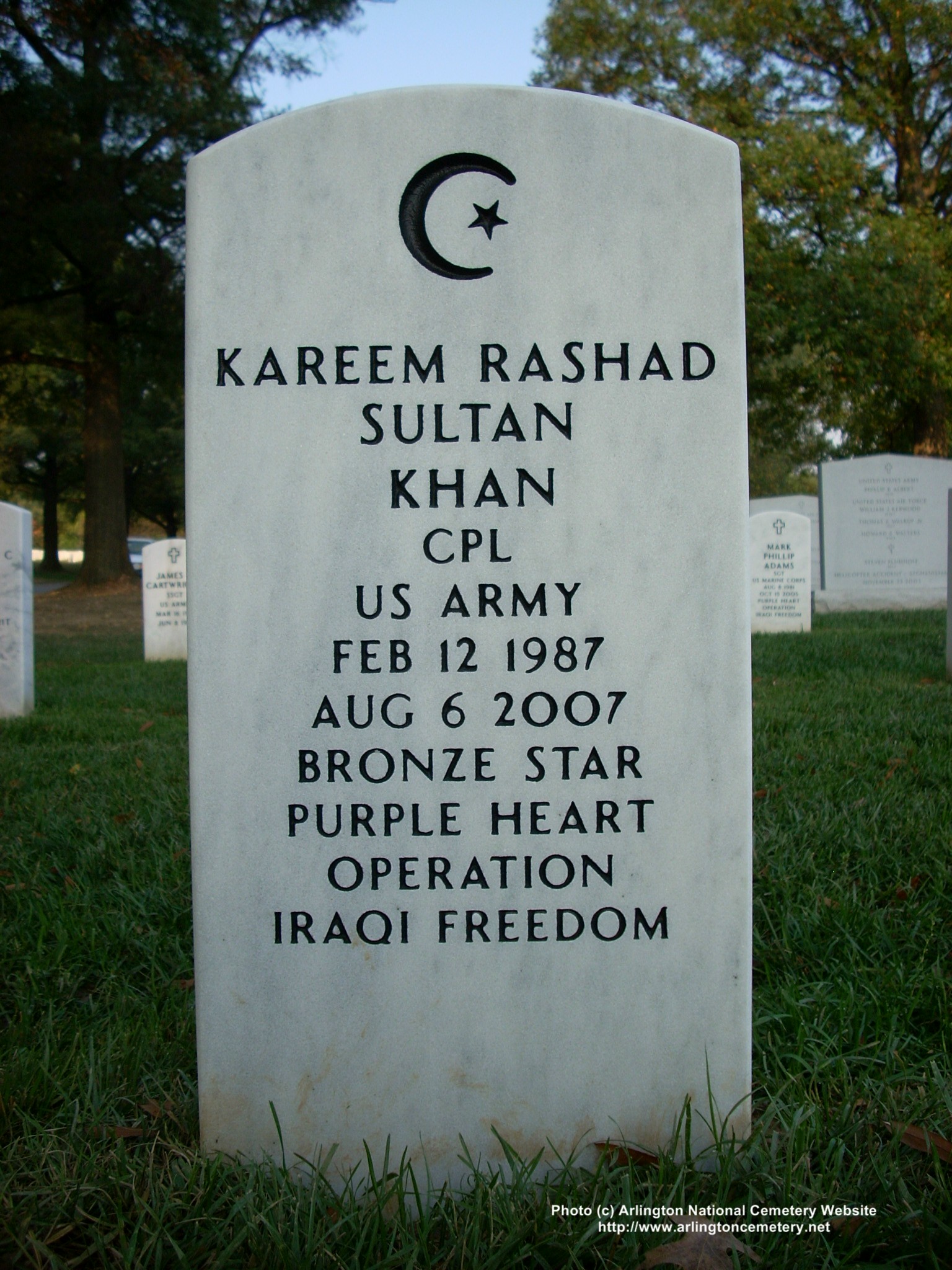

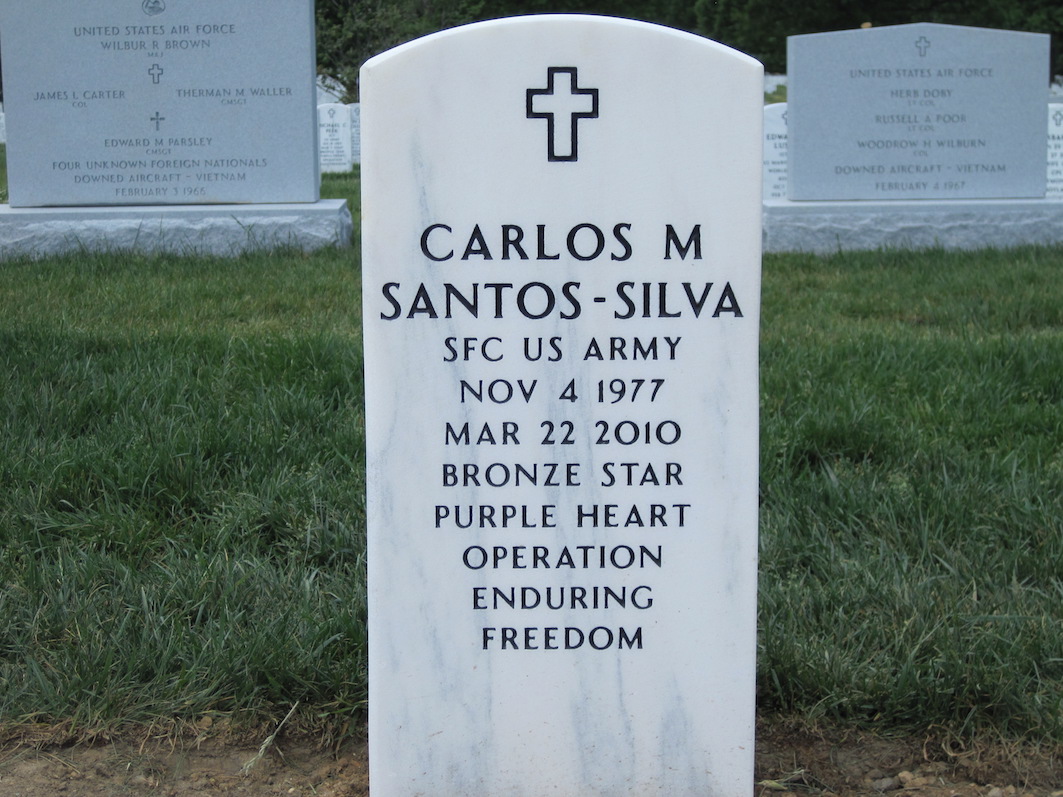
It was amusing the other day to read Republican sage William Kristol bemoaning the rise of Trump Donald, since Kristol was one of the laboratory assistants to his father that converted the Republican Party into the Frankenstein it has become. Having sown, this Igor now reaps.
Even more amusing was Kristol’s generalisation that historically Republican candidates for president have been superior to Democratic ones. Such is the view from Olympus, where dwells he amid the mirrors, they being his main source of information. No criterion are stated, and facts are absent.
Does this crew of candidates make one swell with pride? Warren G. Harding, U.S. Grant, Alf Landon, Chester A. Arthur, James Blaine, Barry Goldwater, and William Howard Taft.
No doubt some of these individuals were decent men, e.g., Grant, but he was a lousy president.
Heathrow- never again.
Heathrow is the worst airport I have had to go through and I have a taken a vow to myself never to do so again. To go to Dublin a couple of years ago we went through Amsterdam instead. I said that recently and was challenged with a barrage of stories about other airports.
Gosh, we travellers are picky.
I stopped to think about my experiences at Heathrow, good and bad. Good is a shorter and less intensely-felt list so I will do it first. I include everything from cab drivers to the elevators because it is all part of the Heathrow experience, n’est pas?
The good.
I had a few painless check-ins that I can no longer remember. The more so since some of my passages were on business class tickets.
When it came at long last, the train to Paddington was wonderful. It reduced the pain from the distant airport a lot and it offered the first British train station I had ever seen that was not filthy.
Once when I was particularly discombobulated, turning left instead of right, I lined up in the wrong place at United, and was treated like a king. I expected to be sent back around the corner to the right place but instead I was checked in with a happy smile. The line I hit by mistake was one reserved for VIPs, a category that has never included me.
In 2004 we rented an Avis car for drive around and that was smooth, and while finding the car in a distant lot we watched a Concorde take-off: loud and burning a lot of oil. The Avis agent gave a few personal tips on petrol that we used.
Here is the best, once very early one morning in 1994 while waiting for a flight I saw a sign at 8 a.m. offering free tastings of Chateau d’Yquem at a bottle shop in the terminal. Yquem is worth lining up for any where and any time. So I lined up outside the door to wait for 8 a.m. to arrive, and it did, and I did taste five vintages of this nectar of the gods. I knew that Baron Rothschild used to drink half a glass at breakfast over ice instead of orange juice; I knew that locals genuflected as they passed the vineyard. Now I knew why. It was part of a sale of the stock from a very high-end restaurant that had gone into bankruptcy and the stock had to be sold by the end of the month.

I bought a bottle for about a £150 and carefully carried it back to Sydney. That was a lot of Australian dollars worth of pounds.

A dinner party was arranged and at the end of the banquet, the Yquem was produced and knocked us speechless. I genuflected. We still keep the now empty bottle in a place of honour. Well, in the garage but I found it and the original docket — stored within — as above.
I learned a trick to cook an egg over bread in a microwave once when we ate at a cafe in a terminal. We still refer to that as a Heathrow egg.
The Bad
 Ironic.
Ironic.
Taking the Tube to Russell Square, while a struggle, was convenient and I did that many times because of the British Library. Happily the lifts and escalators worked there. Once out of the station I had to walk with the bags to the hotel, or if the bags were too much, then haggle with a taxi driver for a short ride around the Square, and that seemed to get more difficult each time I tried it. Sometimes a double fare was not enough to get the bags and me around the square to the hotel.
The worst single event was one morning waiting in line outside at an airport hotel for hours for the airport bus to arrive. I had gone to that hotel the night before for an early morning flight. There came no bus and no information as more and more travellers emerged from the hotel to join the queue. The line of patient waiters grew longer and less patient. No mobile phones then. That was the day the parking garage fell down. There was never any information but cab drivers bringing people from the airport spread the word and packed us up for the terminals. My Air France flight was delayed, cancelled, etc. Instead of arriving in Florence at 10 am to find my hotel in broad daylight, I arrived at 10 pm and it took some time since I was driving a rental car in the dark in an unfamiliar environment per Italian rules of the road.
In a logic that neither Mr Spock nor I understand, the left luggage office at a Heathrow terminal was on an upper floor. Cheaper floor space, I suppose. Leaving and later collecting luggage meant getting it to that floor. On one trip the lift to that office was out of order both when I left the luggage and later when I went to collect it, so it had to be man(me)handled up and later down the stairs. No explanation, no apology, no discount on the fee for the extra trouble. Just the usual snarl when I mentioned this fact to the attendant who had no doubt heard it all before, and it bounced off.
The most typical experience: to exit the aircraft and to walk through one corridor after another pulling the reluctant carry-on bag over layers of wrinkled and sagging carpet that velcros the wheels. I timed such a walk once and remember it to be 25 minutes through dim and dank corridors.
Then came, as always, the wait in line for the immigration stamp. Yes, I have timed that, too, and hit 45 minutes once. When at last I got to the officer, he was polite, pleasant, brisk, and efficient and the whole transaction lasted less than 30 seconds.
 On a bad day.
On a bad day.
When departing once, I disembarked from the bus between terminals at the door to find a queue out of the building. There was no attempt to manage or organise the line. It was raining, as always. and I was not dressed for it since I had assumed I would not be out in the weather. Was this the line to be in? I did not know but I could not otherwise get into the building so I waited, and in the end by some miracle it was the BA check-in, and once I got to the front it was quick, pleasant, and done. But it was an anxious wait, for if I was in the wrong line, by the time I realised it, it would be too later to find the right line for the trans-oceanic flight.
 On a good day.
On a good day.
My briefcase split and spilled in the rain once going to a rental car. Well, it was a bad experience and it happened at Heathrow, so it is included. (It was the Japanese one that never seemed to hold anything, though it was heavy and large, there never seemed to be any room inside; it came full of lining, padding, inside pockets all of which precluded putting anything else in it.)
We stayed once in an airport Thistle Hotel at Heathrow. It may be the worst hotel I ever experienced. Faulty Towers would have been an improvement. Nothing brisk, efficient, or pleasant about it. There was no line but check-in seemed like a canto from Dante’s ‘Inferno.’ Getting the bags to the room, over lumps in the floor, sagging carpets, fire doors off the hinges… Communicating with the staff, well, it proved impossible. I say ‘may’ be the worst because we once stayed in a Thistle in London…
One taxi driver, having studied a year and a half for the license, took me to the wrong airport hotel. It was late and I was exhausted from a long flight, and in any event I did not know where the hotel was. There was no definitional argument here. The driver, when we pulled into the drive way, admitted this was the wrong hotel, not the one I had ever so slowly and clearly stated and he promptly turned off the meter and turned around and took me miles to the right hotel on the other side of the airport.
Once I opted for the Heathrow bus from Russell Square at 5 a.m. The pick up in the damp winter darkness at 5 a.m. was on time and that was the last time. Traffic gridlock started at the next intersection and it took hours to get there. I had allowed four hours and just barely made it.
This was the occasion, standing under the Heathrow bus sign waiting patiently, when a taxi driver pulled up and told me the bus was slow, uncomfortable, and he would gladly drive me to Heathrow and even reduce the fare. I said no thanks. He persisted, and I mean persisted. He mentioned prices and I kept saying ‘No, thank you.’ [Keep reading, the punch line is coming.] Finally, he had got himself worked up and said ‘Well what would you pay?’ and I said ‘Five pounds [which was the bus fare]’ and he exploded. Five pounds! I was a crook, a crazy man, and typical foreigner robbing the working man…. and off he went shaking his fist at me. What a home life he must have.
The bus was an improvement, apart from the time, over the Tube. Taking luggage on the Tube to and from Heathrow was… a great convenience and a major hassle. The more so in peak hour and when, pray tell, is not peak hour not the Tube.
Any reader who gets this far is invited to compose a line or two of their own experiences.
